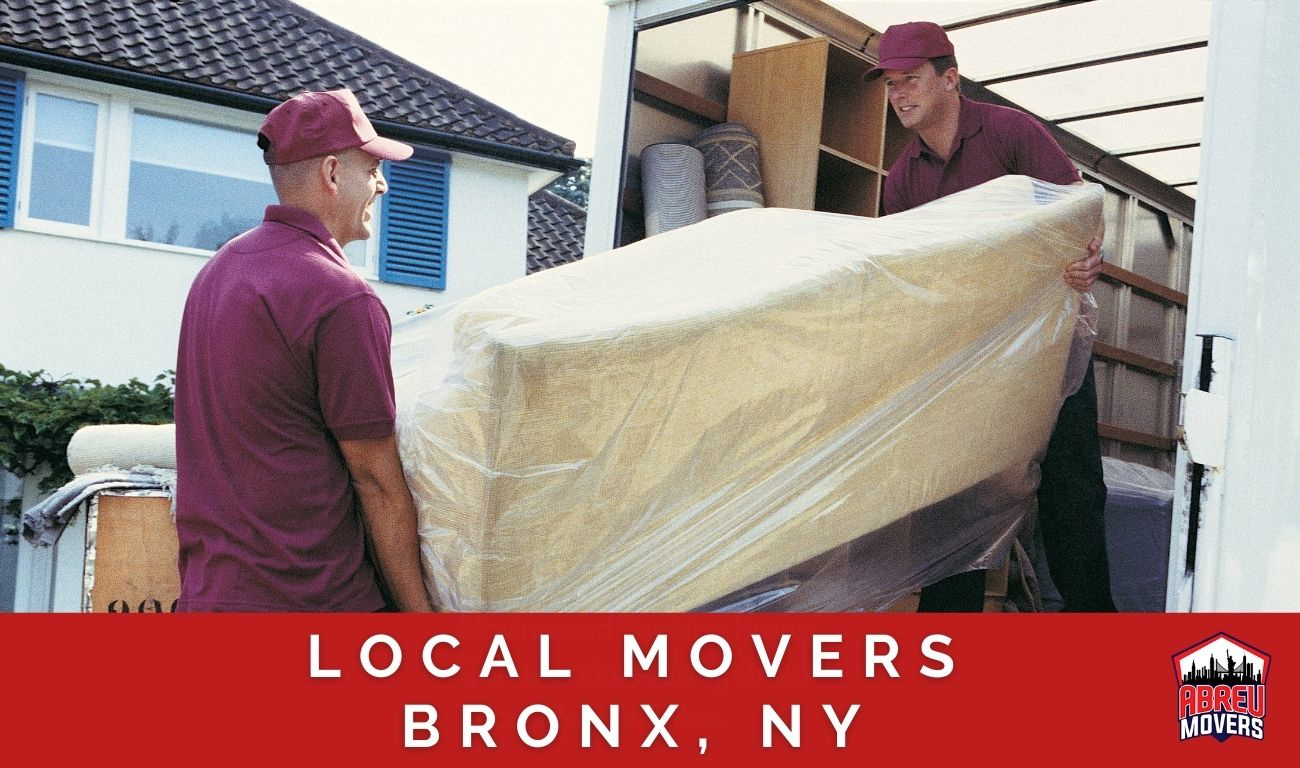


Introduction
Moving to a new home can be an exciting but challenging experience. There are many things to consider and plan for, including what to do with perishable items during a local move. Whether it's food, plants, or other items that have a limited shelf life, it's important to take the necessary steps to ensure they are handled properly and safely during the moving process. In this article, we will explore various strategies and tips for dealing with perishable items when moving locally.
Why Should You Be Concerned about Perishable Items?
Before diving into the specifics of what to do with perishable items during a local move, it's important to understand why you should be concerned about them in the first place. Perishable items, such as food and plants, have limited lifespans and require specific conditions to remain fresh and viable. During a move, these conditions can be disrupted, leading to spoilage or damage if not handled correctly.
How to Prepare Perishable Food Items for a Local Move
Moving your kitchen can be a daunting task, especially when it comes to perishable food items. Here are some steps you can take to ensure they stay safe during the move:
Take inventory: Before packing up your kitchen, take inventory of all the perishable food items you have. This will help you determine what needs immediate attention and what can wait until later.
Use up what you can: If you have any open or partially used perishable food items, try to consume or donate them before the move. This will reduce waste and minimize the number of items you need to transport.
Prioritize non-perishables: When packing your kitchen, start with non-perishable items first. This will give you more time to focus on the perishables closer to moving day.
Freeze or refrigerate: For perishable food items that you want to take with you, consider freezing or refrigerating them to extend their shelf life. This can be especially useful for items like meat, dairy products, and certain fruits and vegetables.
Pack with care: When packing perishable food items, use insulated containers or coolers with ice packs to maintain a consistent temperature. Avoid placing them directly in cardboard boxes, as they can easily get damaged or crushed.
Transport safely: During the actual move, make sure to keep perishable food items in a climate-controlled environment. If possible, transport them yourself in your own vehicle to ensure they are not exposed to extreme temperatures or prolonged periods of time without refrigeration.
What to Do with Perishable Plants during a Local Move
Plants are another type of perishable item that require special attention during a move. Here are some tips for handling them:
Assess the plants: Before moving day, evaluate the health and condition of your plants. If any are already struggling or in poor health, it may be best to leave them behind or find them a new home.
Research local regulations: Different states and countries have different regulations regarding the transportation of plants. Make sure to research and comply with any restrictions or requirements in your area.
Prune and prepare: Trim back any overgrown or damaged foliage from your plants before moving. This will help reduce stress on the plants and make them easier to pack and transport.
Secure the pots: Make sure the pots are securely wrapped or boxed to prevent soil from spilling out during transit. Use plastic bags or cling wrap around the base of the plant to contain any loose dirt.
Provide light and water: During the move, try to minimize exposure to direct sunlight and provide water as needed. If possible, keep plants in a climate-controlled environment to avoid extreme temperature fluctuations.
Unpack and acclimate: Once you arrive at your new home, unpack the plants as soon as possible and give them time to acclimate to their new surroundings. Gradually reintroduce them to sunlight and adjust watering schedules accordingly.
FAQs
Q: Can I transport perishable food items in a moving truck?
A: It's generally not recommended to transport perishable food items in a moving truck, as they may be exposed to extreme temperatures or prolonged periods without refrigeration. It's best to transport perishable food items yourself in a climate-controlled environment.
Q: Can I pack perishable plants in the same box as other belongings?
A: It's best to pack perishable plants separately from other belongings to prevent any soil or moisture from damaging your other items. Secure the pots and provide adequate protection for the plants during transit.
Q: How long can perishable food items stay fresh in an insulated container?
A: The length of time perishable food items can stay fresh in an insulated container depends on various factors such as the type of item, temperature, and insulation quality. It's best to consult specific guidelines or use common sense when determining the freshness of perishable food items.
Q: Are there any alternatives to transporting perishable plants during a move?
A: If transporting perishable plants is not feasible, you can consider giving them away to friends, family, or neighbors who are willing to care for them. Alternatively, you can donate them to local schools, community gardens, or plant nurseries.
Q: What should I do with leftover perishable food items after the move?
A: If you have any leftover perishable food items after the move, try to consume them as soon as possible or donate them to local food banks or shelters. Avoid letting them go to waste by planning meals accordingly.
Q: Are there any professional services that specialize in moving perishable items?
A: Yes, there are professional moving companies that specialize in handling perishable items. They have the necessary equipment and expertise to ensure your perishables are transported safely and efficiently.
Conclusion
Moving can be a stressful time, especially when it comes to dealing with perishable items. By following the tips and strategies outlined in this article, you can ensure that your perishable food items and plants are properly handled during a local move. From inventorying and prioritizing to packing and transporting, taking the necessary steps will help minimize waste and ensure the freshness and viability of your perishables. Remember to research local regulations, consult professionals when needed, and make informed decisions based on the specific needs of your items. https://www.google.com/search?q=abreu+movers+bronx&oq=local+moving+companies&rldimm=6155932127615605879&rlst=f#rlfi=hd:;si:16791572533937064394 Happy moving!